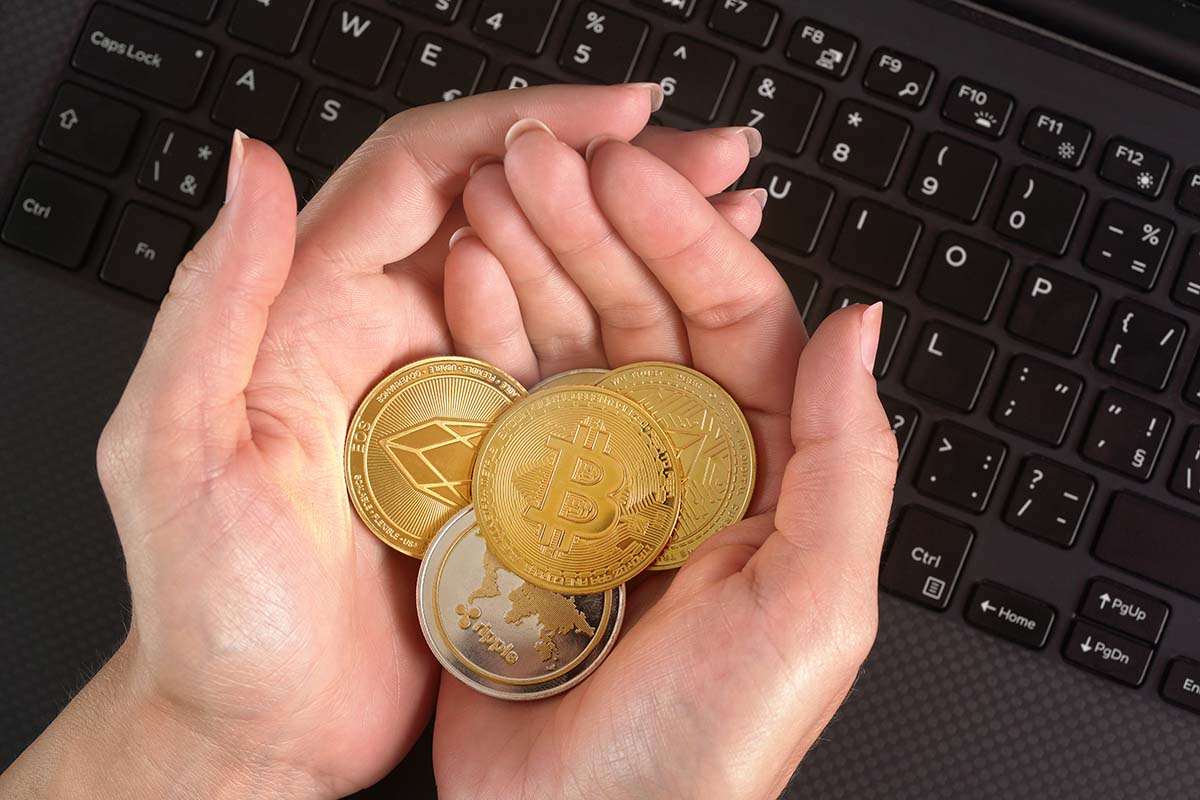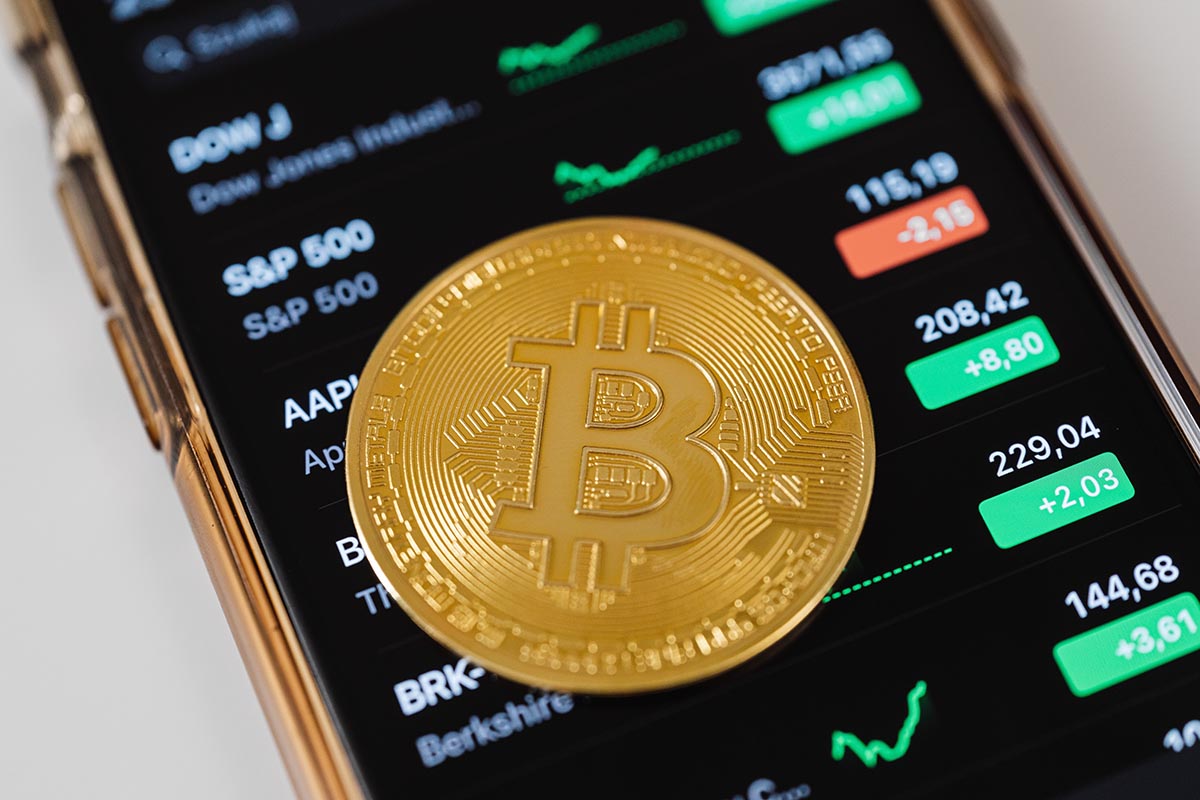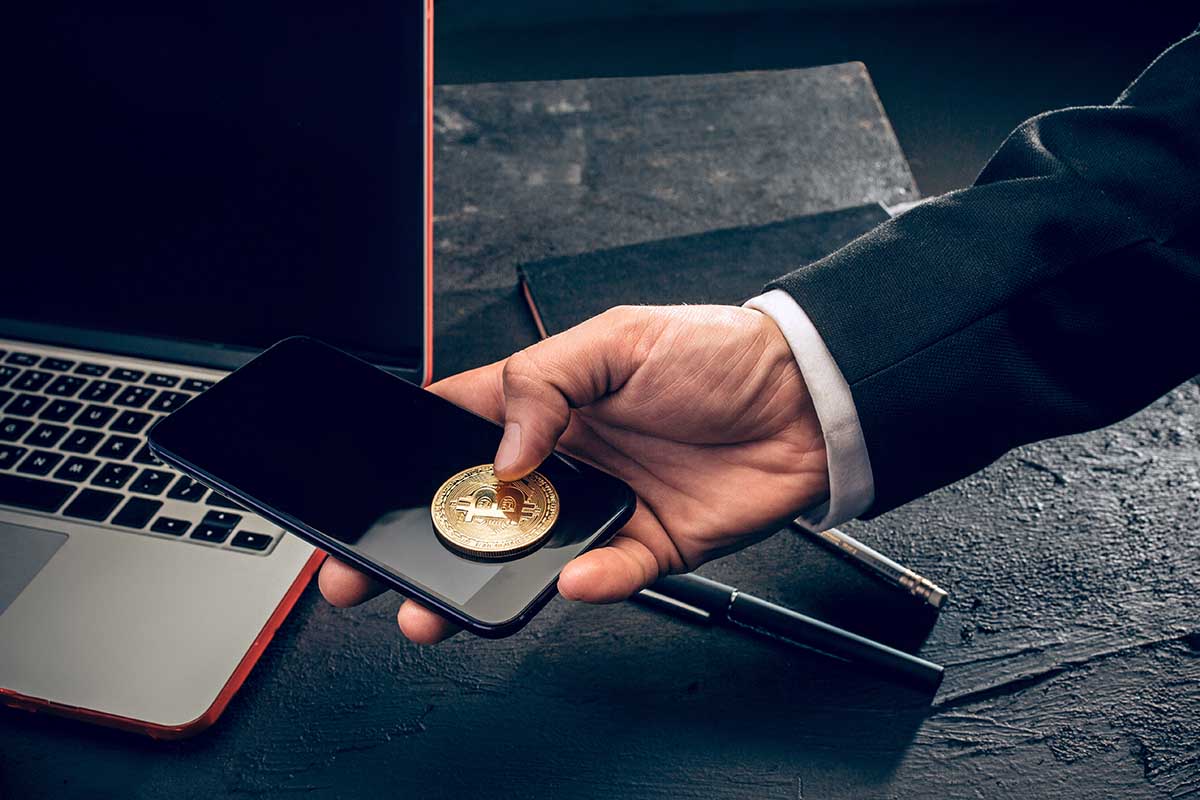Keeping Your Cryptocurrency and Bitcoin Safe
Cryptocurrency storage has been a topic of fierce debate ever since the inception of Bitcoin and the birth of blockchain technology. Bitcoin is a peer-to-peer transfer system that removes the need to have a bank manage or oversee any transaction.
Blockchain technology is the reason it is considered secure, and the need for a bank is removed. The transaction is recorded and stored within the blockchain when you send money from your wallet directly to somebody else’s wallet.
The transaction is authorized and verified and cannot be amended by anybody. Therefore, it offers a secure, time-stamped, and public transaction record. While this technology was initially only praised by cryptographers and a small group of hardcore enthusiasts on the internet, mass usage online soon began to take shape
Despite Bitcoin experiencing substantial growth during its first bull run in 2013, it wasn’t until altcoins were introduced that the price began to take off. Altcoins, such as Ethereum, fueled the exponential growth of cryptocurrency prices and created a much bigger bull run in 2017. This then led to the most substantial crypto bull run yet, in 2021.
A bull run is a period when the price increases massively within the space of a few months. An altcoin is basically any cryptocurrency that is an alternative to Bitcoin. Other altcoins include examples such as Terra Luna and Smooth Love. The Luna price and Smooth Love price are usually affected by the activity in the price of Bitcoin.
Keep your wallet keys safe
It is beneficial to open a cryptocurrency wallet whenever you invest in cryptocurrency. This means you can store the cryptocurrency yourself instead of having it held on an exchange.
It is a better option to have it on an exchange if you are a trader, but if you want to hold the digital asset for a considerable period and not sell it, it is highly advised that you set up a wallet and ensure you keep the keys to yourself.
Although some news items have highlighted hacks and security issues within the digital asset space, crypto is, in fact, incredibly secure. Unless you disclose your wallet keys to somebody, your digital assets are virtually inaccessible to a third party.
Keeping cryptocurrency and bitcoin safe: cold storage
This leads us nicely to our second point. Taking your cryptocurrency off an exchange and storing it in an offline wallet (known as cold storage) means nobody else can access your digital asset.
You can purchase various cold storage wallets online, so shopping for the one with the best reviews and prices is the best route. Even though exchanges are considered safe and secure, your assets are still stored in an online location. You keep your cryptocurrency as safe as possible by purchasing a cold wallet and taking your funds offline.
Use the right exchange
If you are a trader who regularly buys and sells cryptocurrency, you must use an exchange that can execute your trades efficiently. You must find a company that allows you to do this with as little hassle as possible. Some exchanges may have liquidity issues at times of high volatility, so it is key that you can distinguish the difference between a good exchange and a bad one.
While cold storage is the optimum method if you are not looking to trade your asset often, the next best alternative if you trade regularly is to use the right exchange.
Keeping cryptocurrency and bitcoin safe: conclusion
Although there have been some instances of people losing their cryptocurrency via a hack or security issue, this is most likely due to them not abiding by the points discussed in this article today.
Anybody will rarely access your wallet unless you have provided them with identifying information. The whole basis of blockchain technology is that each transaction is verified via a public record and cannot be amended.
Risk factors include someone connecting their wallet to a hacker operating in bad faith or handing over their wallet keys to an individual, offering them the chance to make huge returns. Suppose somebody allows you to double or triple an amount just by depositing on their website or handing over your wallet keys – this is a red flag, and you shouldn’t hand this information over to anybody.
It is akin to somebody asking for your online banking password; it is something you shouldn’t do under any circumstances. If you stick to these rules, it is highly unlikely your digital assets will be subject to unauthorized access.





















